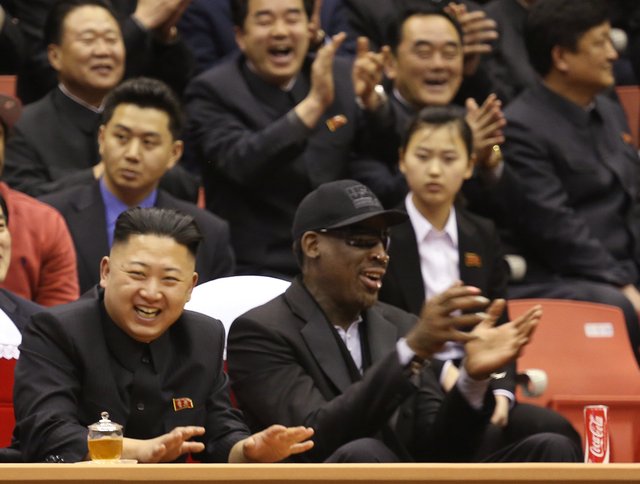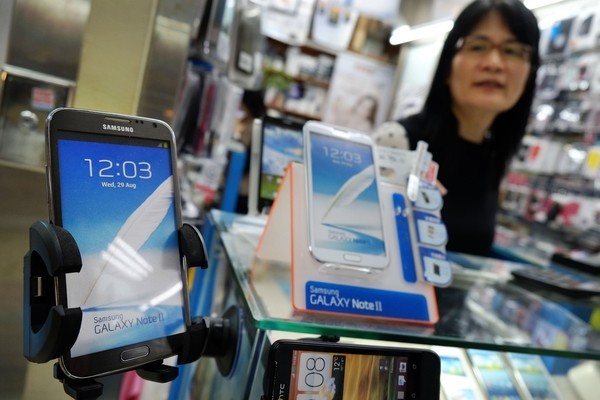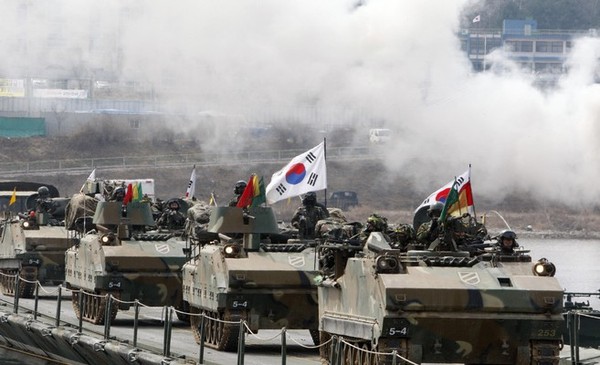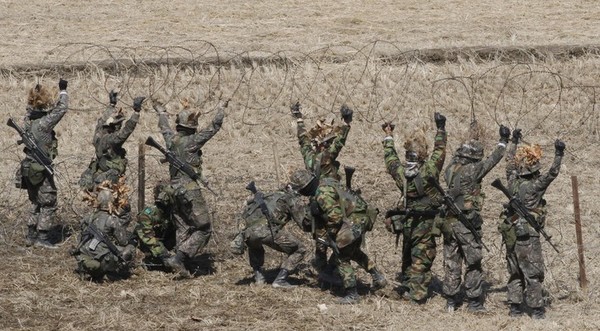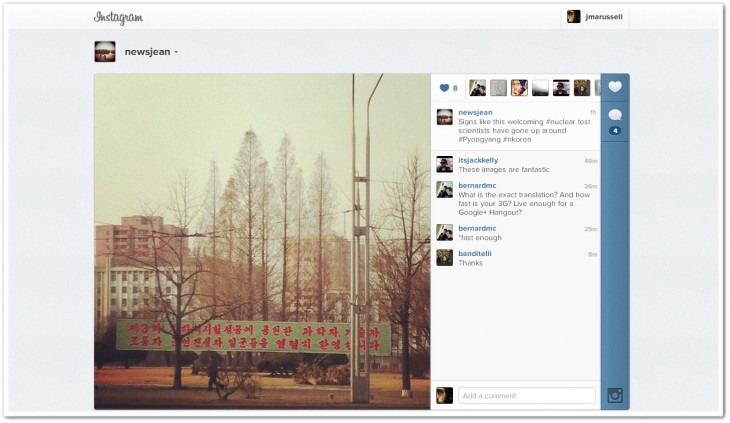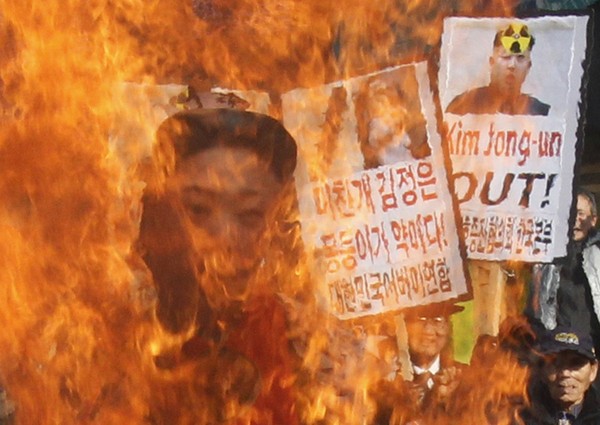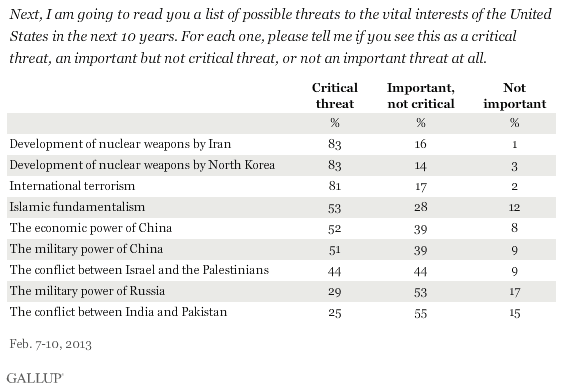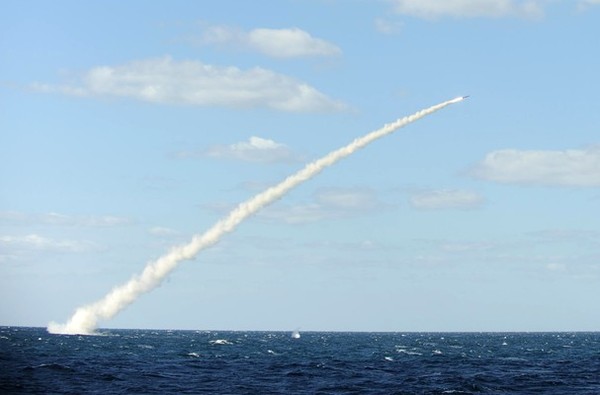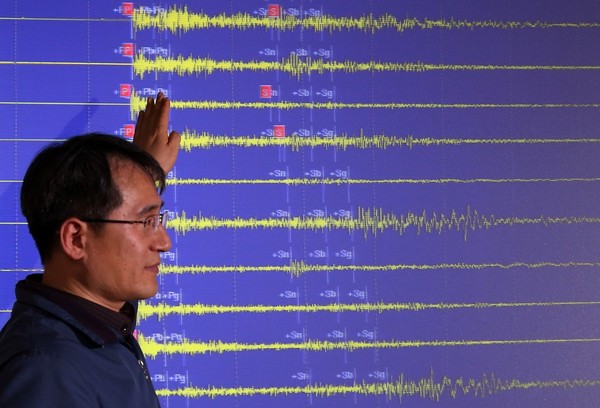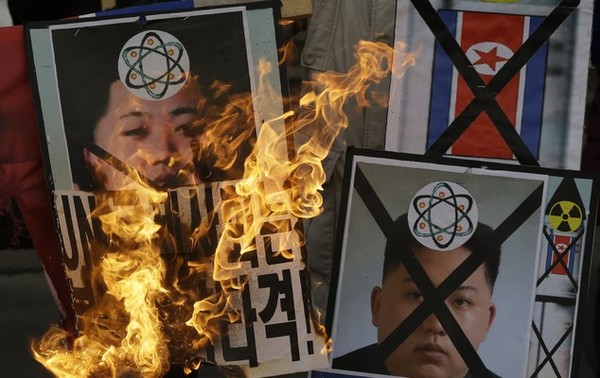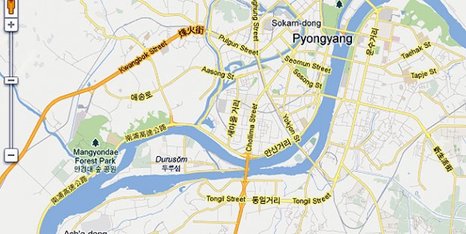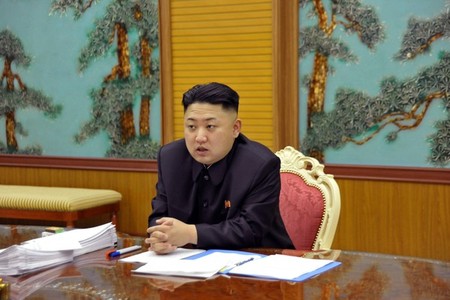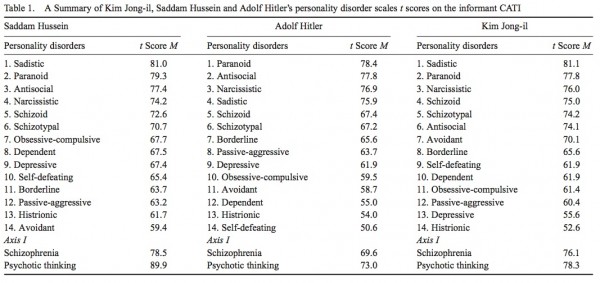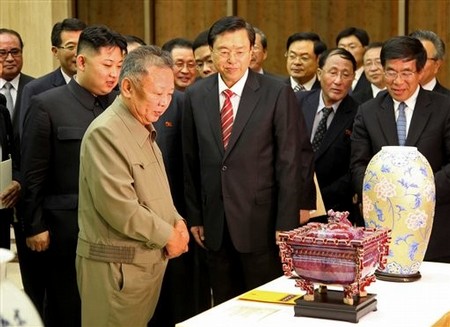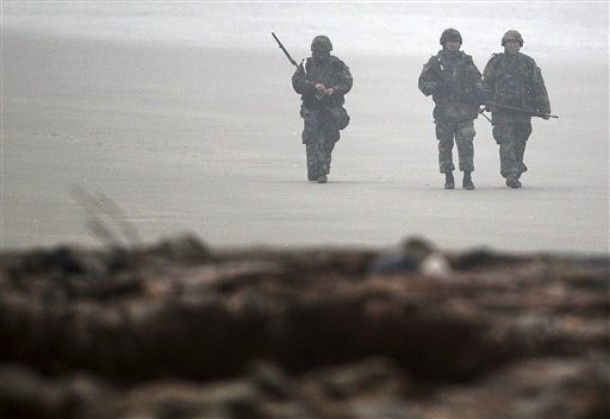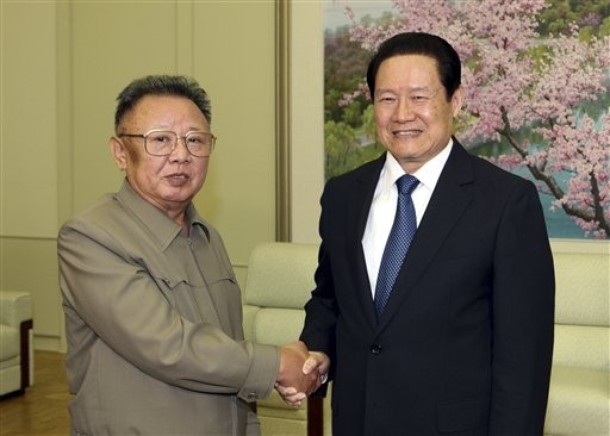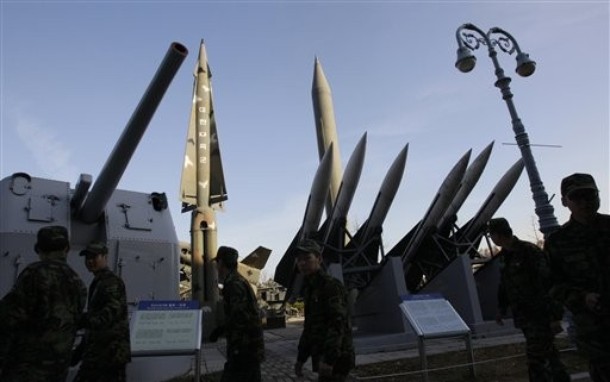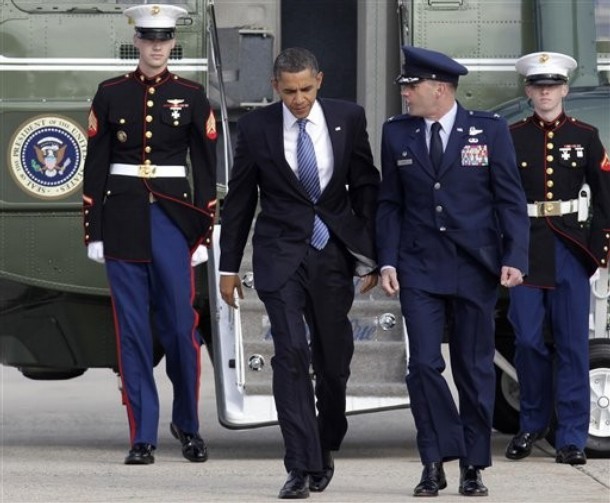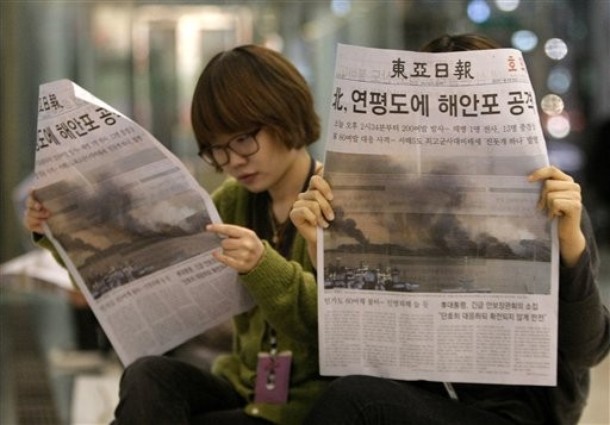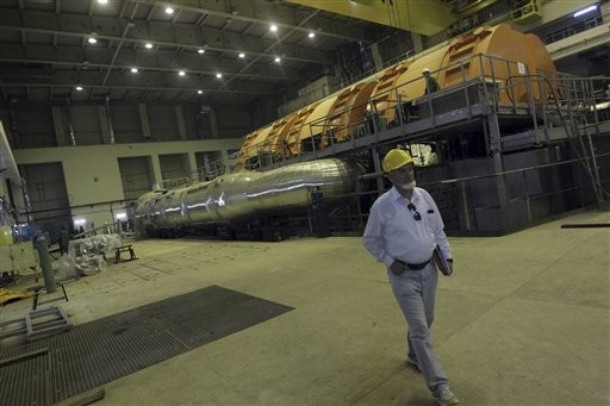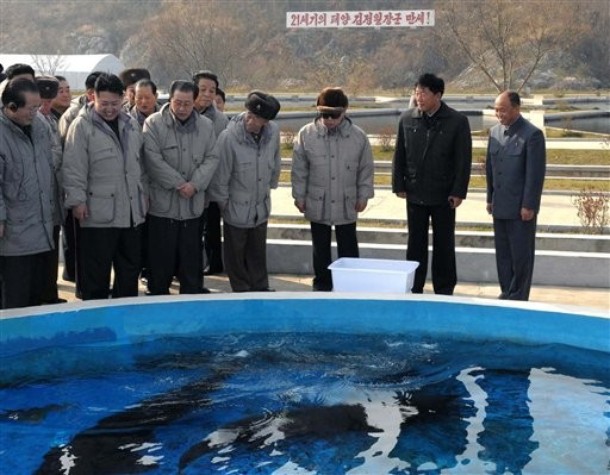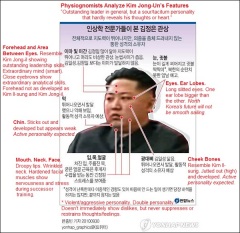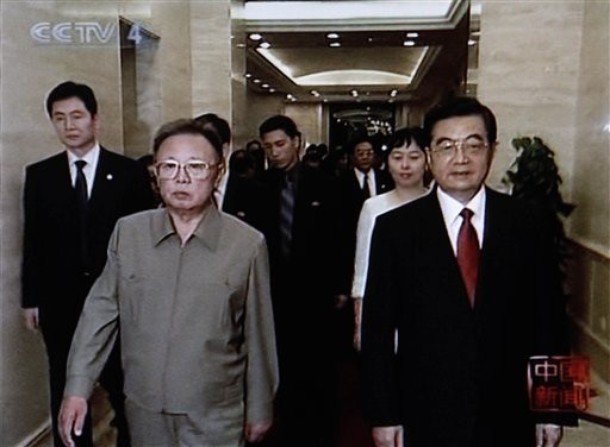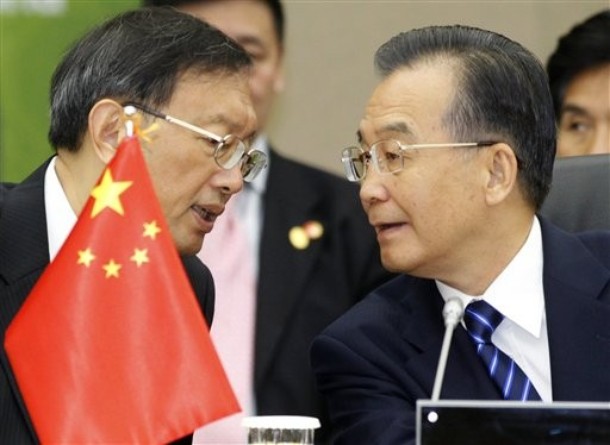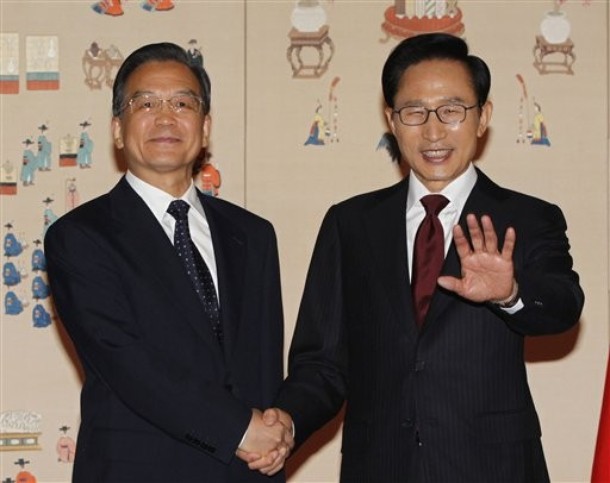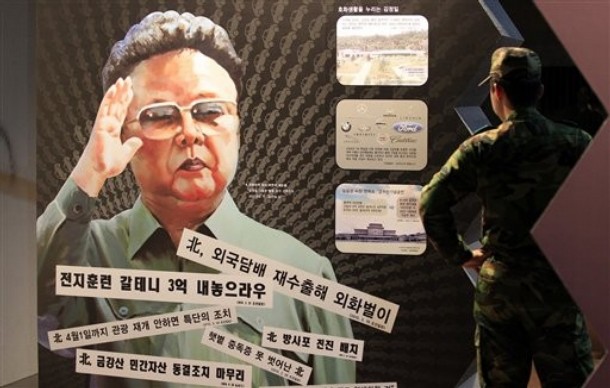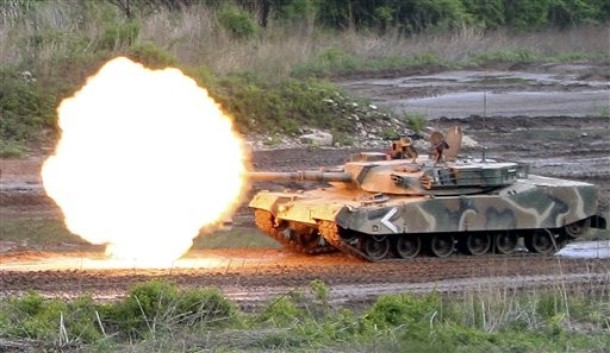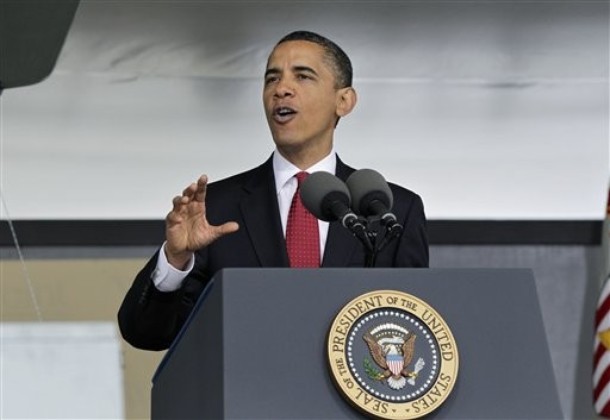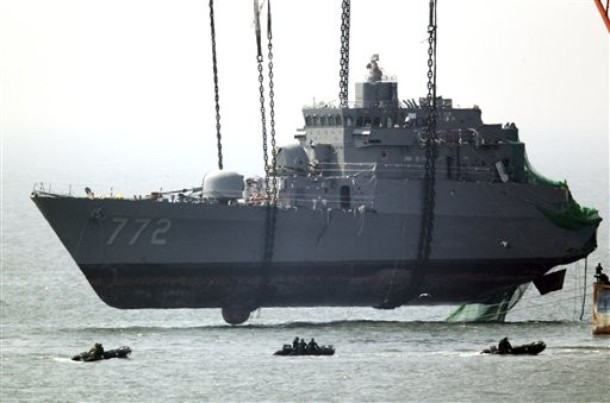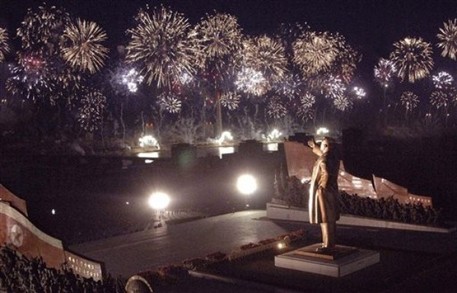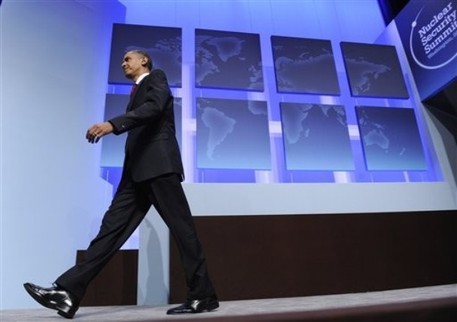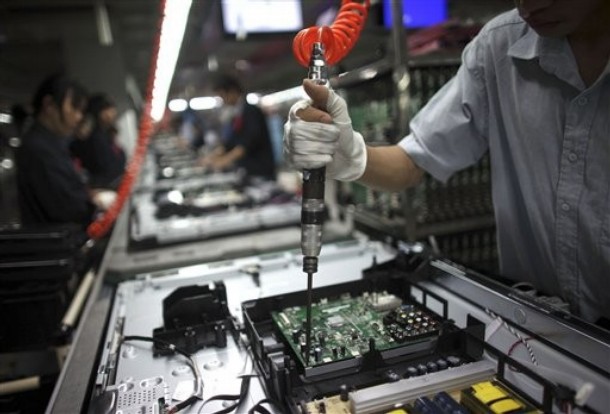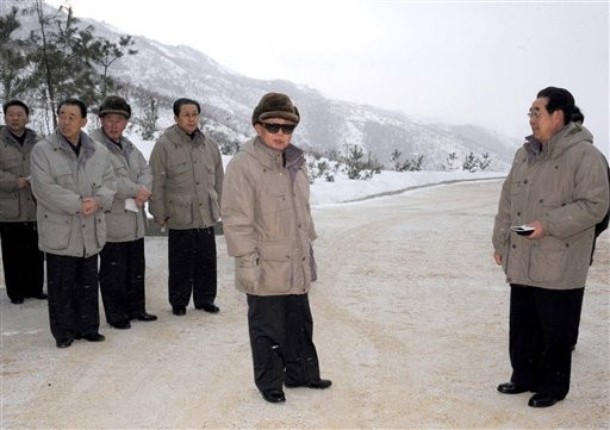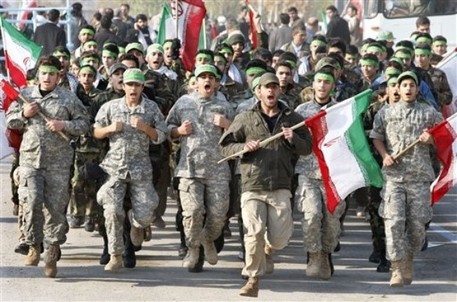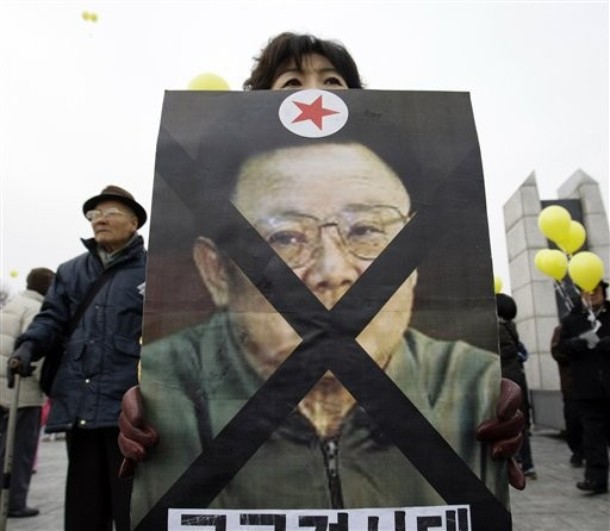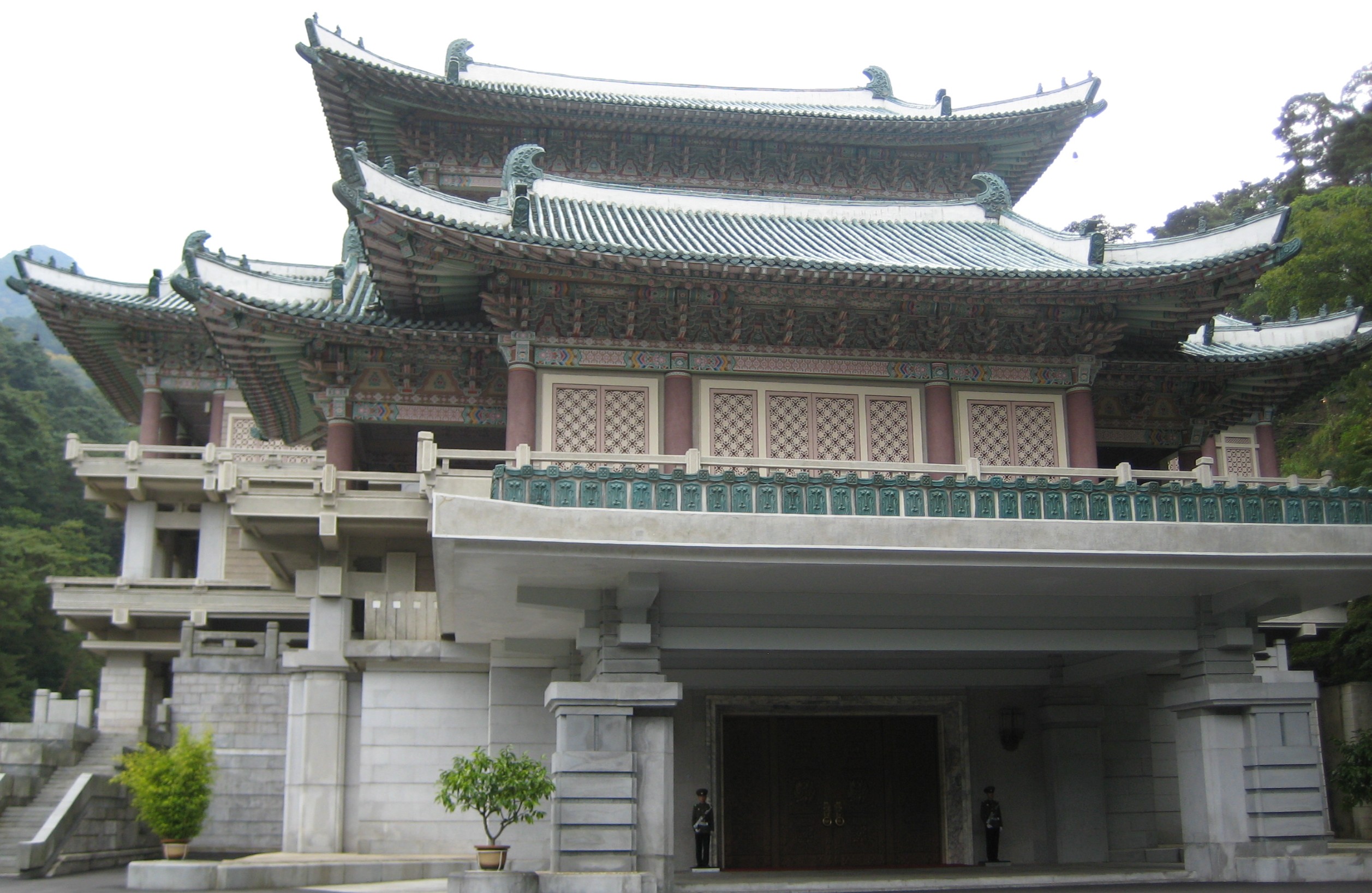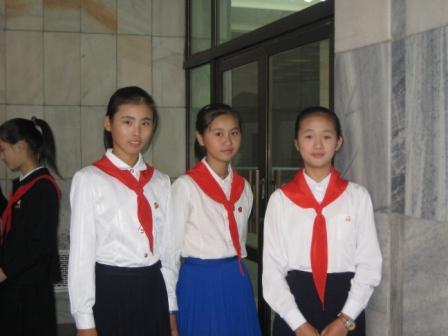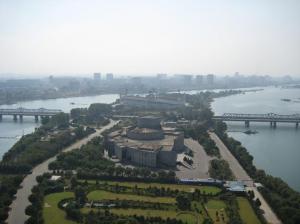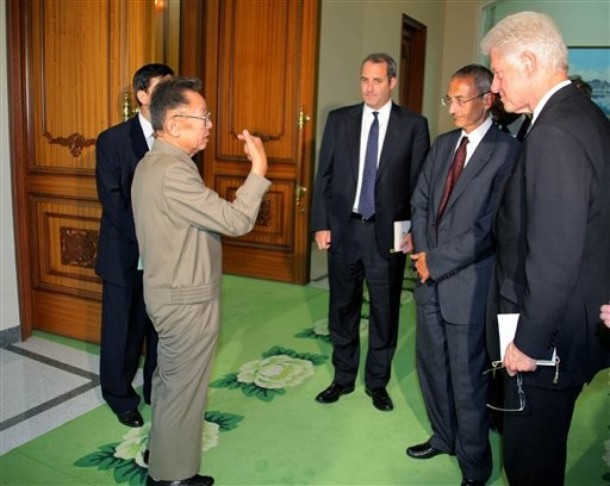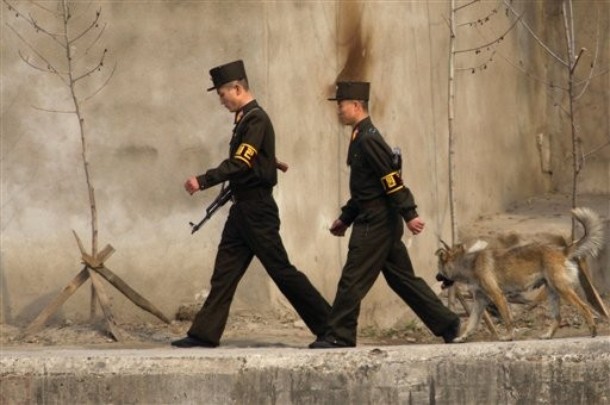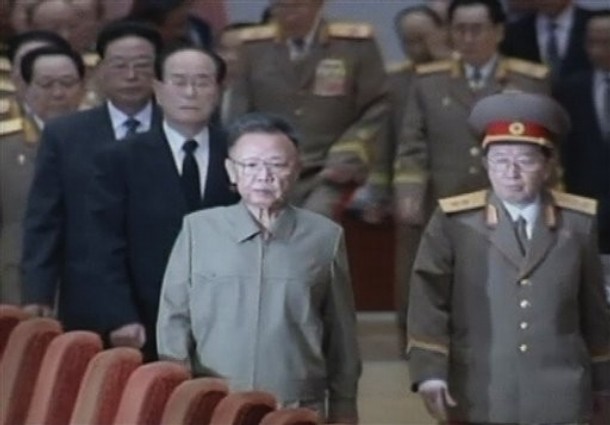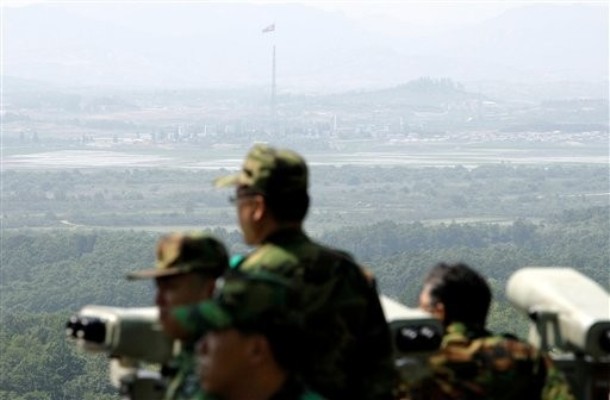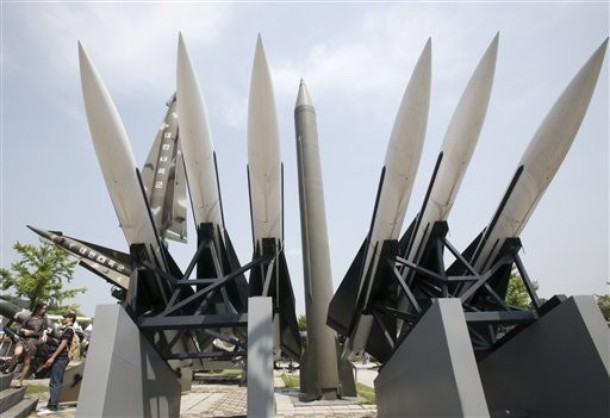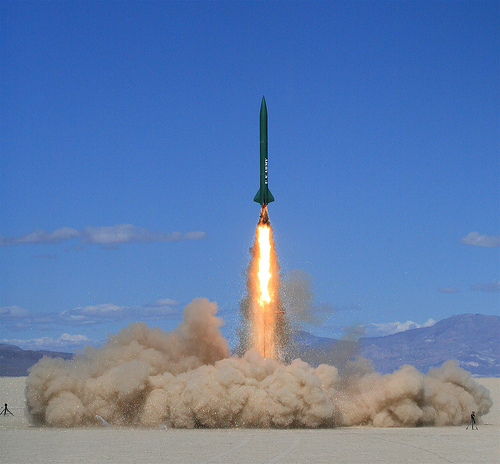
(Photo: Patrick Chovanec)
By Patrick Chovanec
In October 2008, I traveled to North Korea. Before our departure, our group was informed that we marked roughly the 1,000th U.S. citizen to visit North Korea since the Korean War, over 58 years ago. In the wake of former President Clinton’s surprise visit to Pyongyang, to retrieve two imprisoned U.S. journalists, many people have asked me about my trip. Over the next several weeks, in a series of posts, I will relate some of my experiences and impressions from this journey.
Many Americans are under the incorrect impression that it is illegal for them to travel to North Korea, much like Cuba. While the U.S. does place a strict cap ($100) on how many souvenirs you can buy and bring home, as part of its commercial sanctions, the main obstacle to travel stems from the North Korean side, which grants only a handful of visas to U.S. citizens each year to view the Mass Games. Regardless, I realize that many people still have strong moral objections to traveling to North Korea (also known as the Democratic People’s Republic of Korea, or DPRK). I understand and actually share many of those objections. There were some aspects of the trip that I found upsetting or uncomfortable, as I will explain. But I felt that these objections and discomforts were outweighed by the unique opportunity to gather first-hand knowledge and insight into a country few Americans have ever seen. Keep in mind, as you read, that I have sometimes muted opinions or omitted details that might put others, particularly any North Koreans we interacted with, at risk. The intelligent reader will be able to read between the lines.
When you visit North Korea, they tell you all the things you’re going to see, but they don’t let you know until the very last minute — usually when you get on the bus — exactly when you’re going to go see them. The idea, I imagine, is to prevent you from arranging to meet up with someone at a pre-determined time and place — which would be a pretty astonishing feat even with a fixed itinerary. The tour group is always together, under the supervision of one guide and two friendly but alert minders. No laptops or cell phones are allowed into the country. You must ask permission before taking any photograph. You must not stray more than a few yards from the group at any moment, and when the sightseeing schedule for the day is over, you are essentially confined to the hotel.
The centerpiece of all tours, which I’ll focus on today, is the mandatory visit to the mausoleum of Kim Il-Sung, who founded the DPRK with Stalin’s backing, launched the Korean War, and eventually bequeathed his reign to his son Kim Jong-Il, the country’s current ruler. They tell you about it the night before, because you have to wear a collared shirt and tie, along with nice shoes and pants. The visit is a very big deal as far as the North Koreans are concerned, and the guides are all riding on pins and needles to make sure the proper courtesies are observed. Kim Il-Sung, the “Great Leader,” is regarded as a virtual god among men, the pinnacle of human perfection in all respects, and his mausoleum is actually a vast Versailles-like palace complex on the outskirts of Pyongyang. It makes Mao’s tomb in Beijing, or Lenin’s in Moscow, seem like mere hovels by comparison.
Continue reading "My Visit to North Korea, Part 1" »
